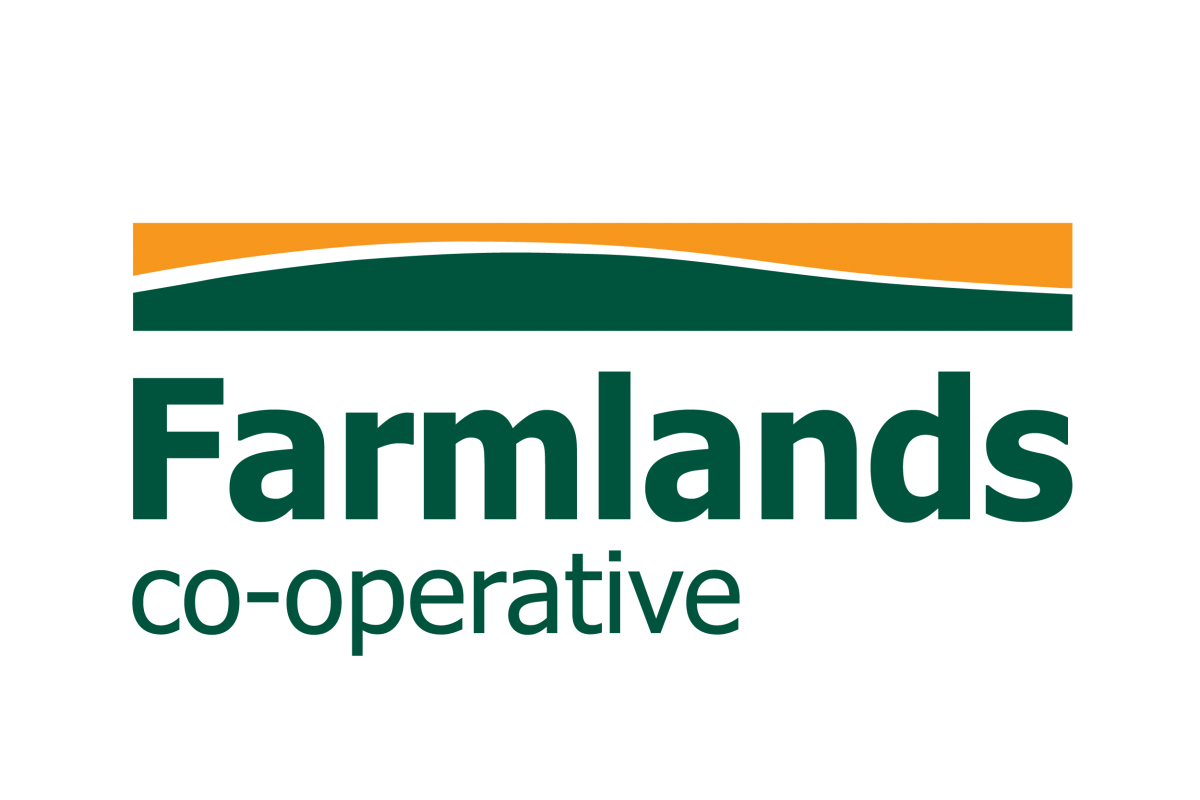Executive Summary
I found that Global Influences are resetting the rules. The economies of large newly developing countries (e.g. Brazil) are becoming very important influences on world agriculture. Global warming and biofuel are causing huge spin off effects in commodity prices
These factors influenced the final shape of my topic which became:
‘Meat supply chains and how they may be affected by climate change’
I Focussed on:
♦ The Farmer end of the supply chain and also the Consumer particularly looking at the concept of ‘green-branding’.
♦ The UK covering issues such as food-miles and carbon foot-printing. ♦ Wider Europe to give a perspective in markets beyond the UK.
I investigated Key Influencers in the UK including: farmers; retailers; government and regulatory authorities; lobby groups and experts; media; consumers.
I was particularly interested in the attitude and approach of UK farmers towards climate change. UK farmers are becoming more aware of the potential impact of climate change on their farm businesses. How they perceive climate change is influenced by where in the country they farm and which sector they are in. Some areas of England are concerned about the increased threat of drought and flood. With relatively intensive livestock systems awareness is increasing of potential requirements to reduce energy inputs and calculate carbon emissions. Farmers are investigating systems to produce energy from waste and byproducts. Arable farmers, in particular, see opportunities from climate change through growing crops for fuel not just for food. UK farmers have seen the emergence of the food miles concept as an opportunity to reinforce campaigns encouraging the consumption of British food.
At the other end of the chain I looked at retailers and consumer behaviour particularly related to green branding issues. I also looked at the influence that retailers, media, NGOs, food policy experts and government policy are having on consumer reaction to the issue of greenhouse gas emissions throughout the food chain.
Consumer Issues I investigated in the UK included: food miles; carbon footprints; local food; and livestock in the food chain as well as consumer concerns about food ethics. I identified that the British consumer links the ‘food miles’ concept with: climate change; sustainability; gourmet and local food and food patriotism. I concluded that, in the UK, New Zealand needs to promote the broader issues of sustainability and carbon footprints. It is important for New Zealand to communicate a positive message of its green credibility.
In other countries I found that:
- ‘Food-miles’ is mainly a UK concept
- ‘Natural’ and ‘safe’ are important concepts in many countries
- The approach to climate change varies hugely between countries
- Energy is a much more common focus than food
- There is considerable variation between cultures and countries in there approach to climate change as there are similarities – it is very easy to focus on the English-speaking countries.
My recommendations include:
Continuing to cultivate and enhance our ‘natural’ image in overseas markets. In the UK in particular this should include providing good quality information on carbon emissions from New Zealand agricultural products.
Increased emphasis on research and development in the area of climate change including a high degree of collaboration both on and off shore. This should include livestock GHG emissions and analysis of emissions throughout food chains that originate in New Zealand.
For carbon equivalent footprints we need industry examples and methodology particularly in the agricultural sector. Where are the easy things to change even if the gains are smaller? Are the differences between farm types and regions significant?
Small grants, pilot projects to get things happening in New Zealand that are everyday overseas in the energy and agriculture sector e.g. more use of by-products and waste.
Each part of the chain needs to understand its contribution and make changes. It may be easier to make larger gains in some areas than others – e.g. refrigeration techniques, but all parts of the chain including on farm need to look to what they can do in the short-term as well as the longer term where new technology and research may make a substantial contribution to solutions.


























